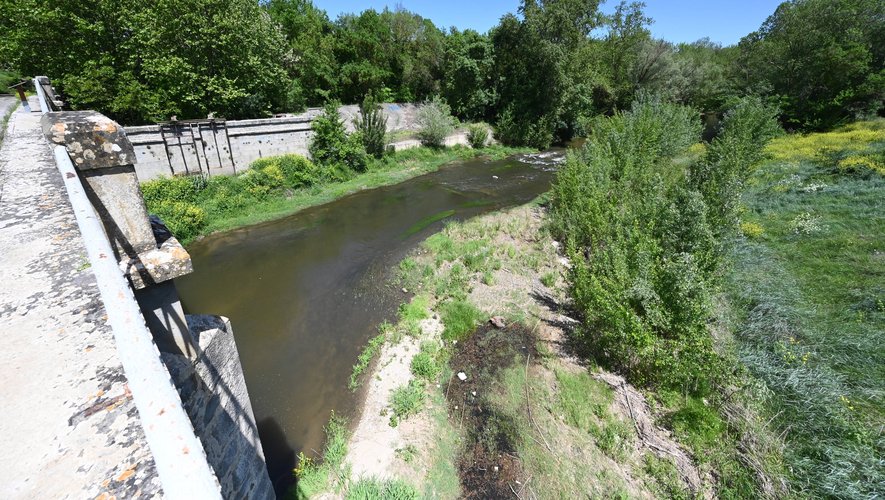Wolfgang Ludwig discusses both ways to save water but also the role of researchers and individuals in adapting to the challenges of drought.
What can be put in place to limit the impact of this drought?
There are technical solutions, we have talked about them. They can certainly help but you have to be careful. These technical solutions should not prevent us from thinking about a more systematic solution, that is to say an adaptation of uses in the face of a diminishing resource. If technical solutions allow us to continue to live under the illusion that all is well, the problem is only delayed.
Insofar as the resource will continue to decline, in the short term we have solved the problem but in the long term we will almost make it worse because we will not have taken the measures upstream enough. We must try to adapt and move towards uses that consume less water.
What is the role of researchers in this context?
Researchers are currently experiencing great frustration. We have been warning for years and nothing is done. We, the researchers, our role is not to play the smart ones, to have the role of “knowing”. We are not in such logic. Our role is to experiment: we are faced with a problem but we are trying to move forward.
That’s what’s interesting and in relation to the current challenges, it has to be tackled collectively. There is a problem but let’s try to solve it together. And we researchers can possibly help. This does not mean that we have understood everything and that we are the smartest in the world, but we have the tools and we can go beyond our knowledge to make our contribution locally.
Do you think that the authorities and individuals have taken the measure of the extent of the seriousness of the situation?
No, and that is the great difficulty. I am part of this generation where we always thought that we were always going for the best: faster, safer cars… We grew up in this. Our brains are formed in this idea and therefore we cannot believe that it is possible to go the other way: from worse to worse.
We communicated with the various authorities and we observed that for them, what we demonstrated was not possible. And there is also the fact that the situation forces them to take measures that are not very popular. So, as I was saying, today we are highlighting technical solutions but that should not prevent us from attacking the problem at the root and changing our behavior to move towards uses in the broad sense that are less consuming. of water.

